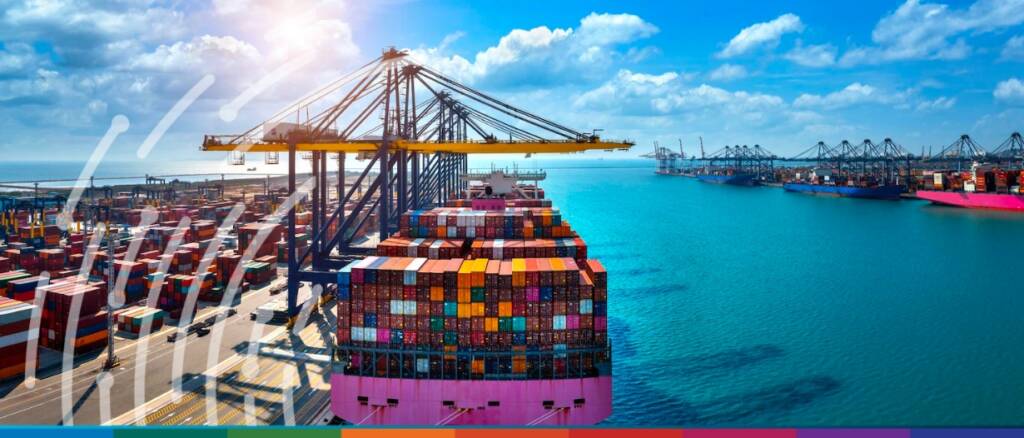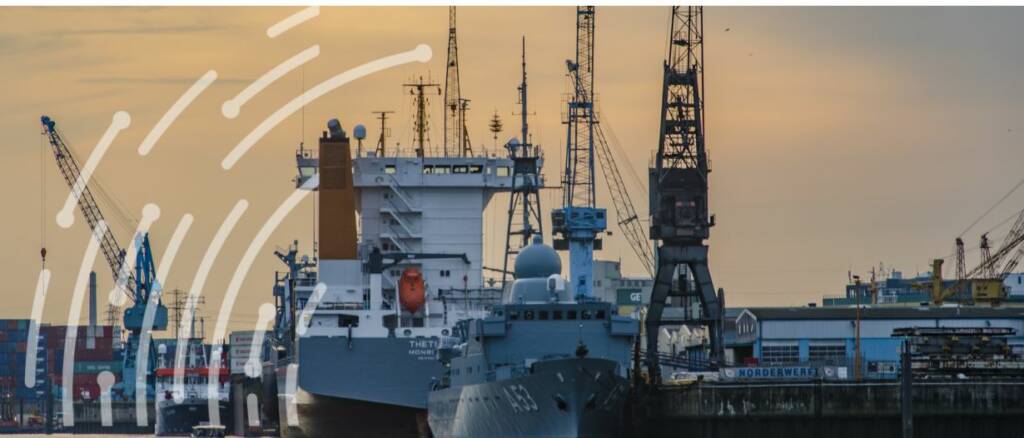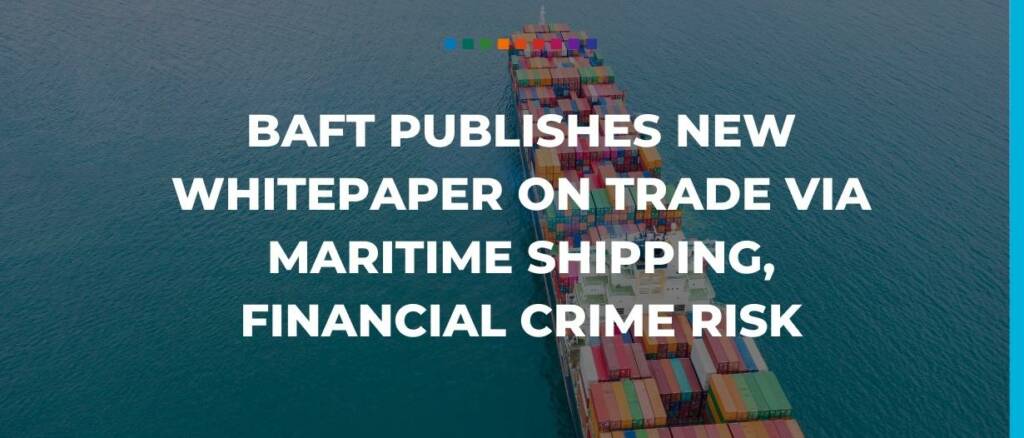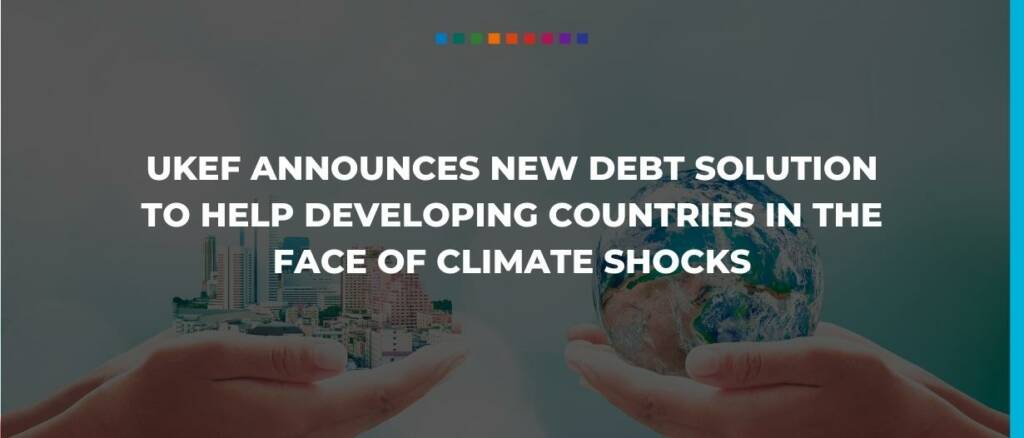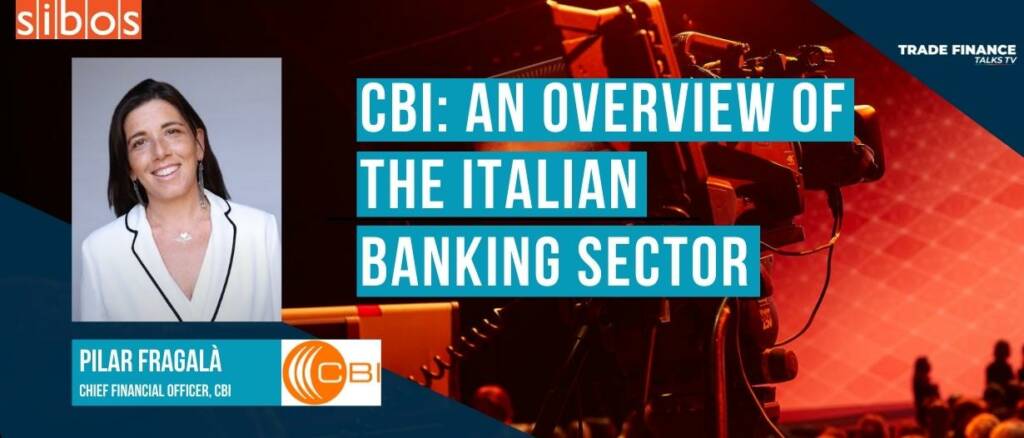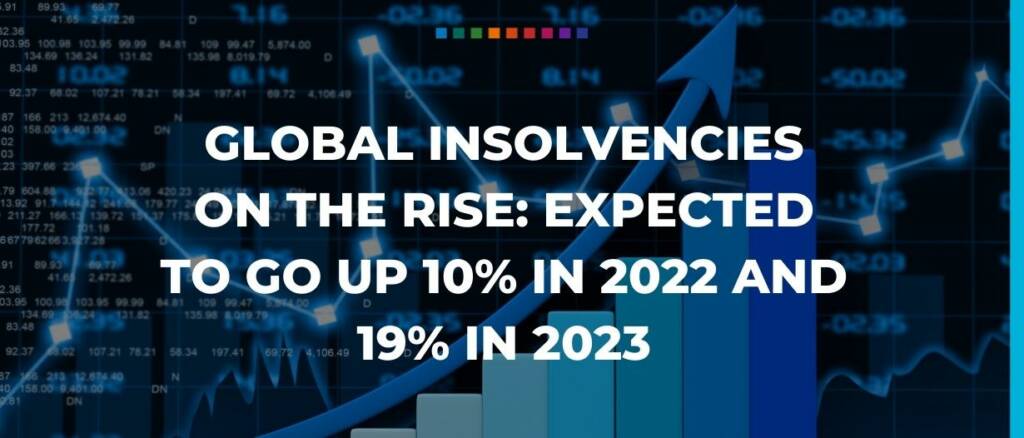As 2023 unfolds, shippers are experiencing signs of relief from the supply chain upheaval over the past few years. U.S. container imports in December continued to close in on 2019 volumes, port delays continued to improve, the maritime capacity crunch has eased, and ocean shipping rates have approached pre-pandemic levels.
I remember reading a quote which has stuck in my mind ever since – “Sharing among an entire ecosystem of innovative partners is a crucial step for modernisation.”
Taking a step in this direction, the UK legislature has enacted legislation to prevent economic crime. To learn more about this essential piece of legislation in the financial and economic world, Trade Finance Global (TFG) spoke with Susan Hawley, executive director of Spotlight on Corruption.
Following the latest Q3 2022 edition of its quarterly letter of credit (LC) statistics for US banks, Documentary Credit World (DCW) has released its analysis of LC issuance from banks in the country.
Bankers Association for Finance and Trade (BAFT), the leading global financial services association for international transaction banking, announced the publication of a new whitepaper, “Perspectives on Evaluating Potentially Unusual Vessel… read more →
Trade Finance Global (TFG) are delighted to have had the opportunity to speak with Liliana Fratini Passi, Managing Director, CBI, for further insight into the situation.
Trade Finance Global (TFG) spoke to president and CEO of BAFT at Sibos 2022 about the role that banking organisations can play in developing environment, social, governance (ESG) and sustainability best practices within global trade.
UK Export Finance (UKEF) announced on Finance Day at COP27, November 8, that it will become the first export credit agency (ECA) to offer Climate Resilient Debt Clauses (CRDC) in… read more →
At Sibos 2022 held in Amsterdam, Trade Finance Global (TFG) discussed the potential complexities and obstacles for the Italian banking sector with CBI Chief Commercial Officer, Pilar Fragalà, and how CBI manages these by helping banks to overcome them.
Inflationary pressures, monetary tightening, energy crisis and supply chain disruptions are jeopardising corporates’ cash flows. But many governments decided to tackle the current situation by deploying some strong fiscal policies.… read more →















